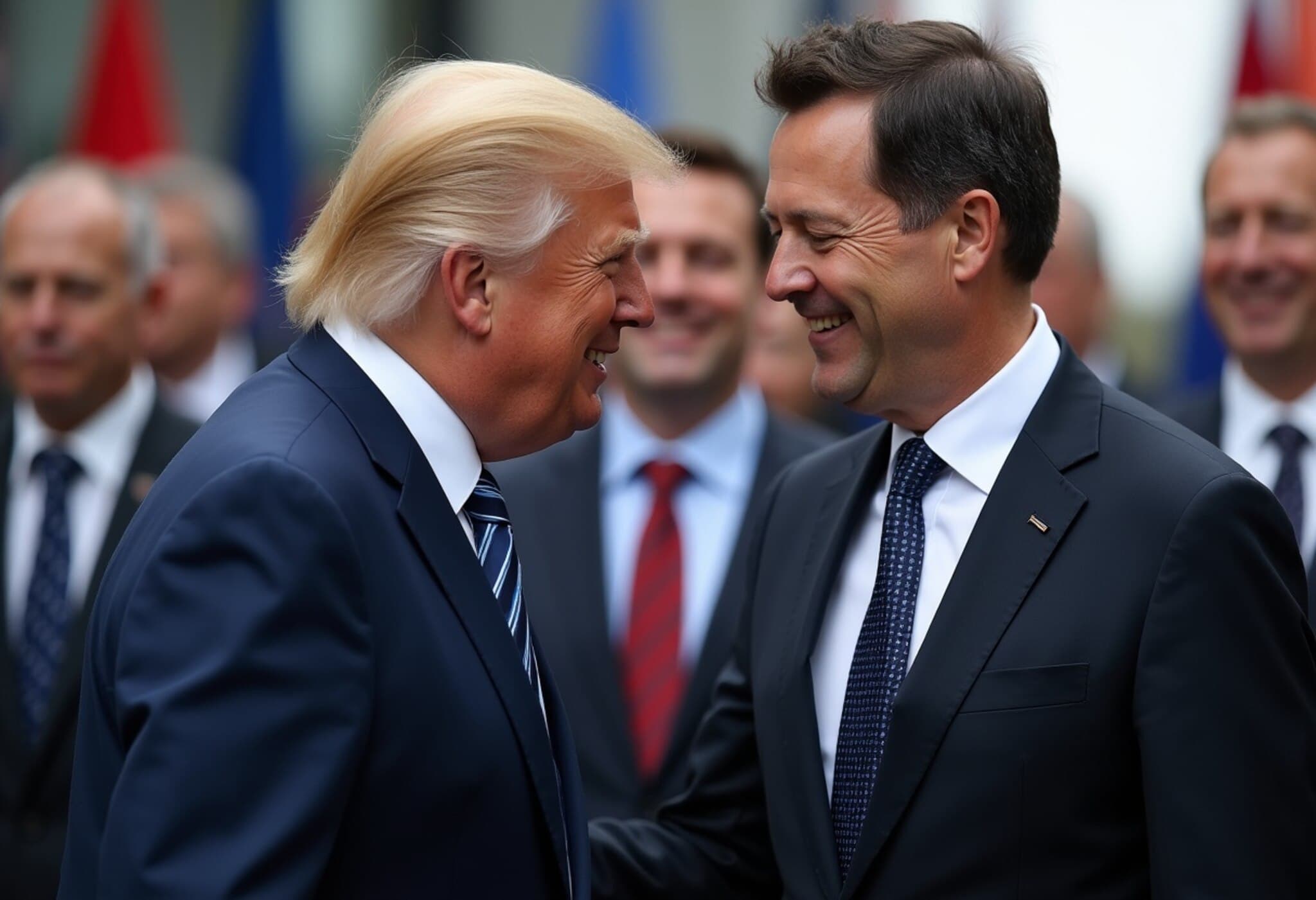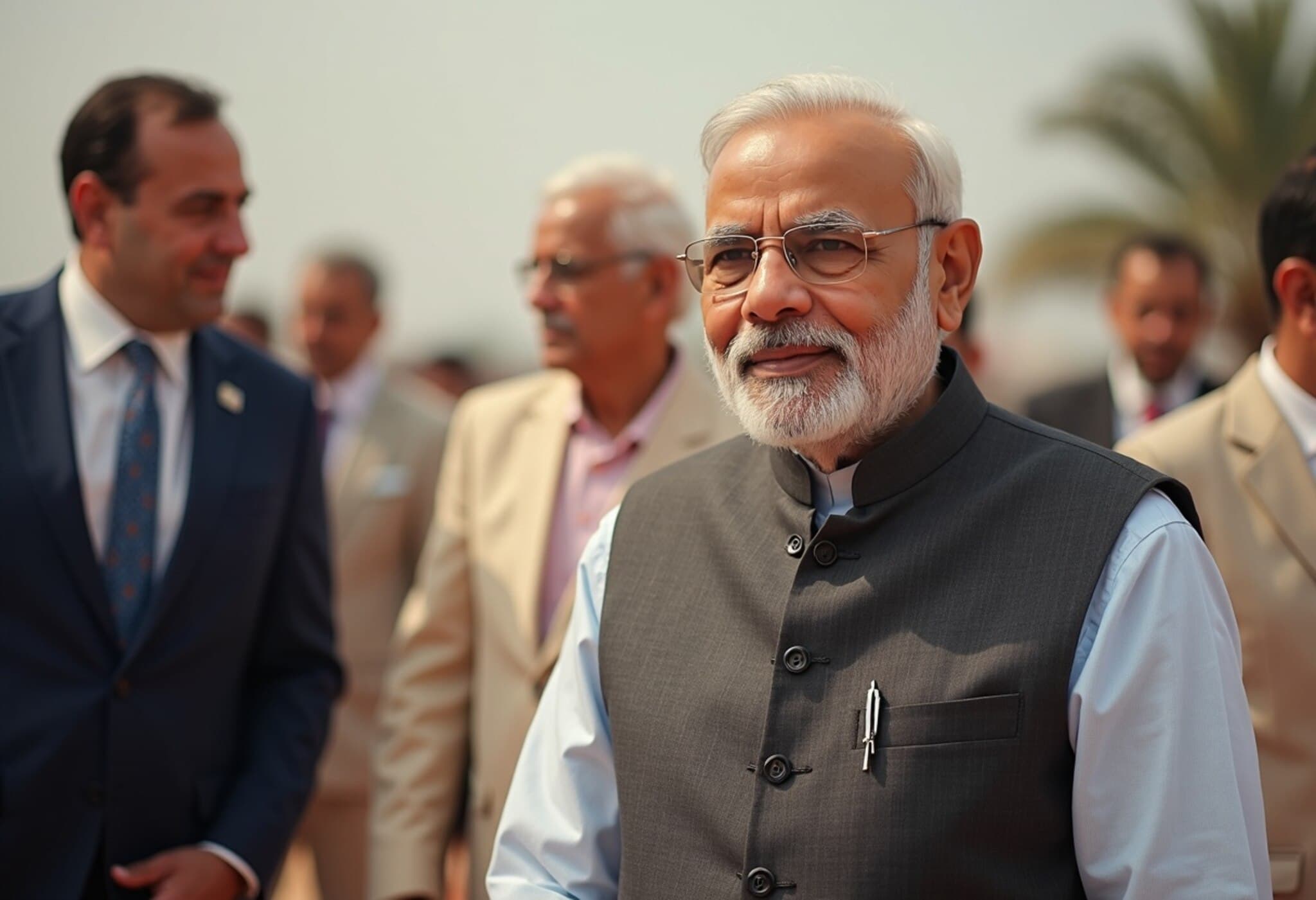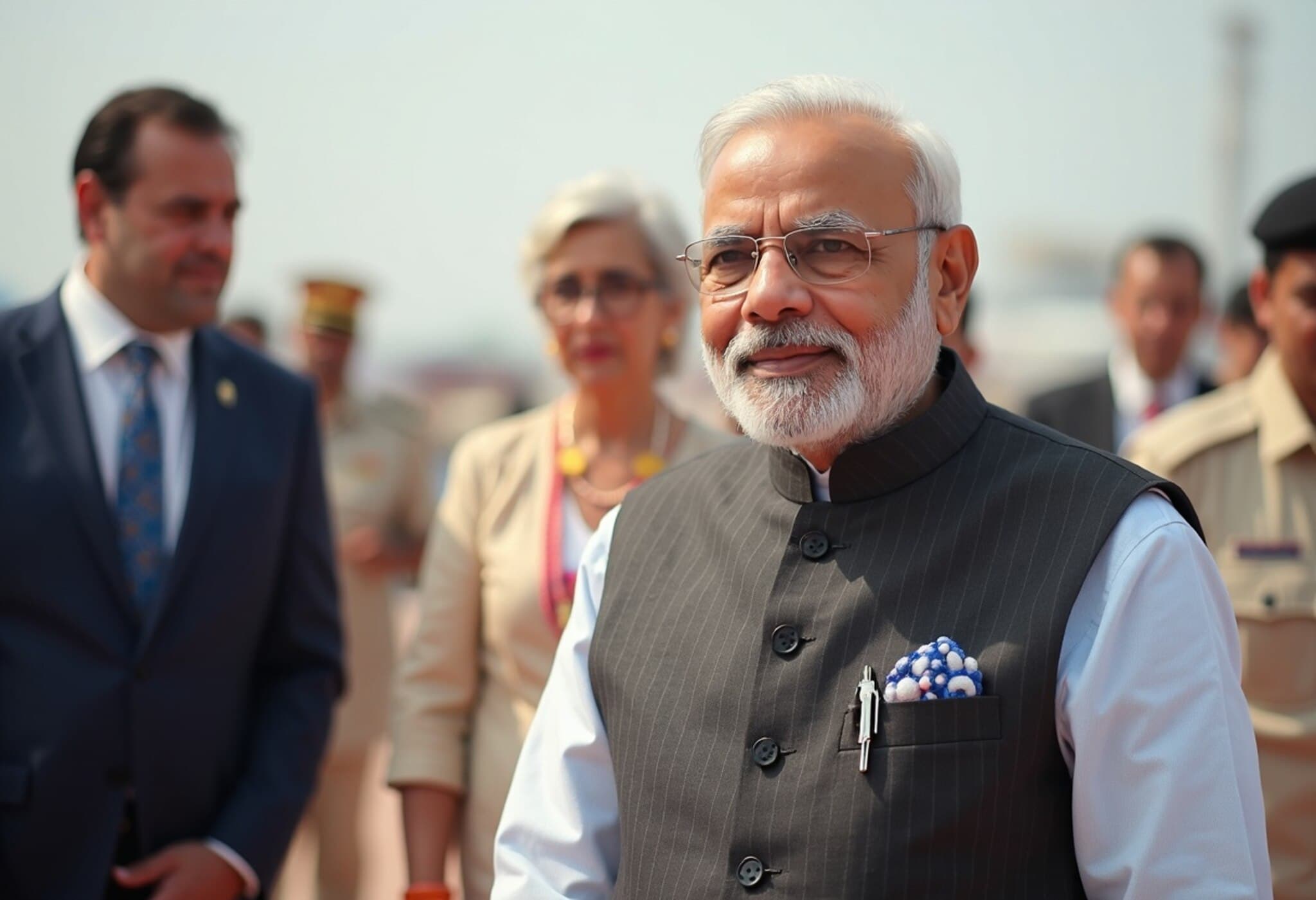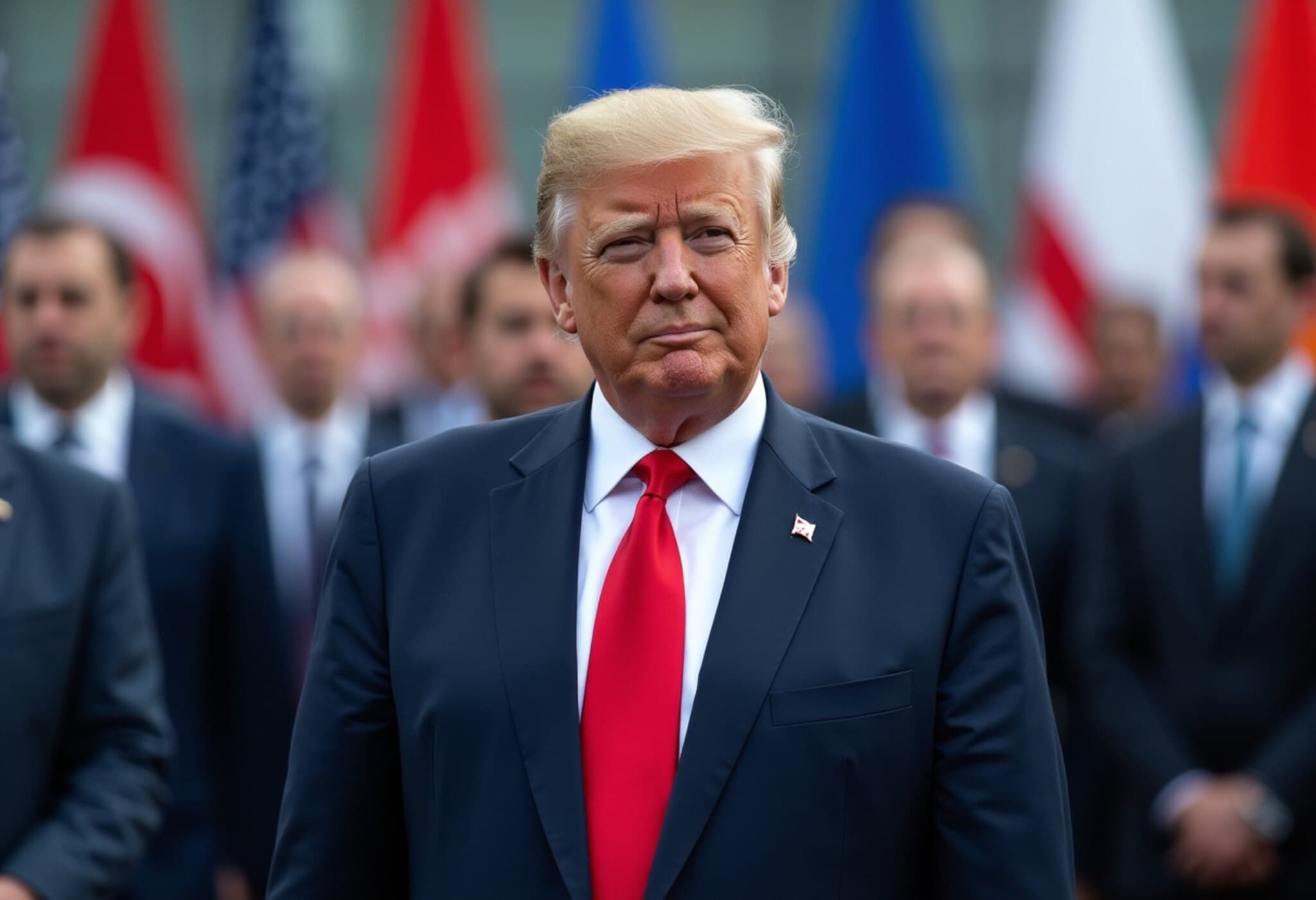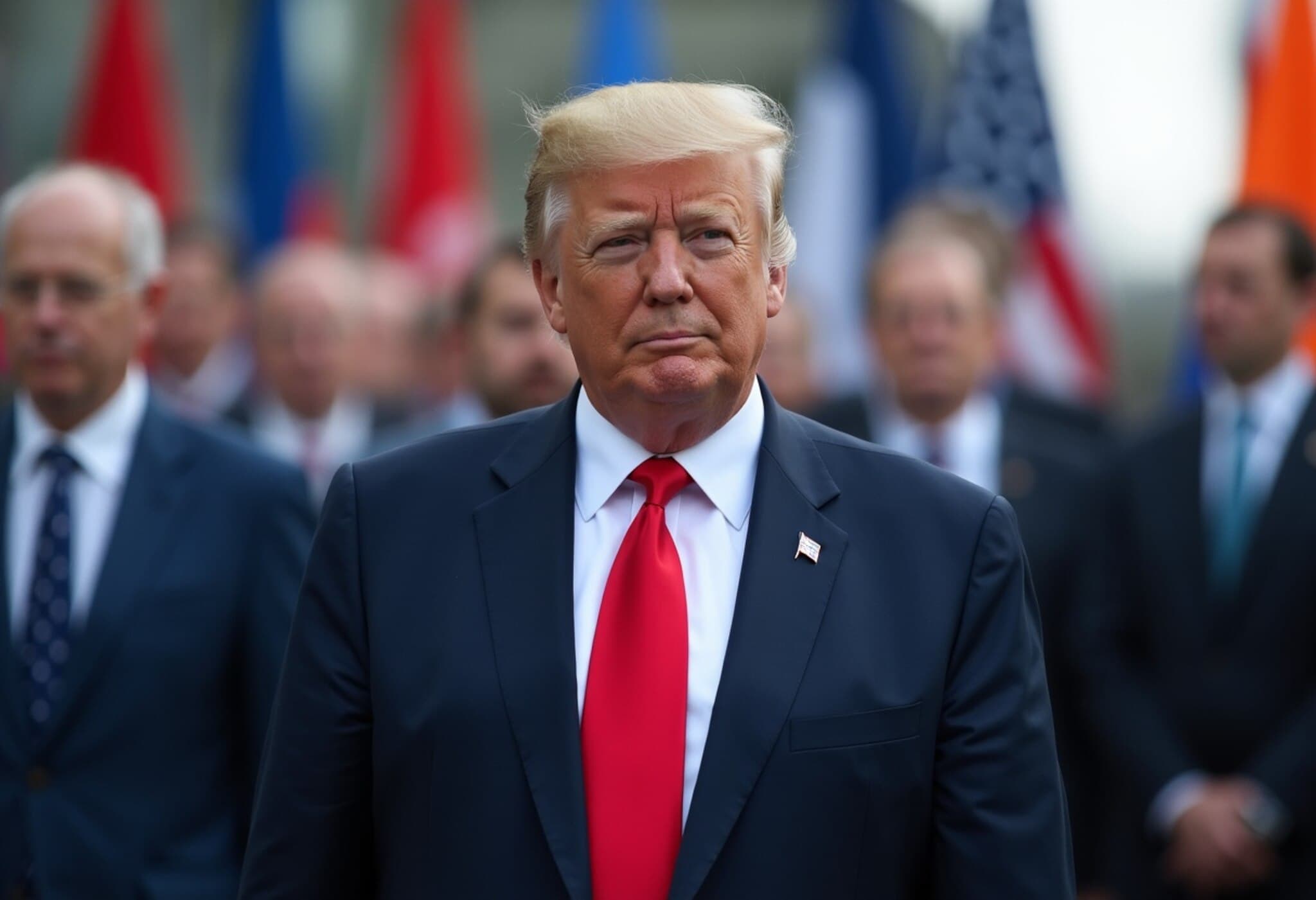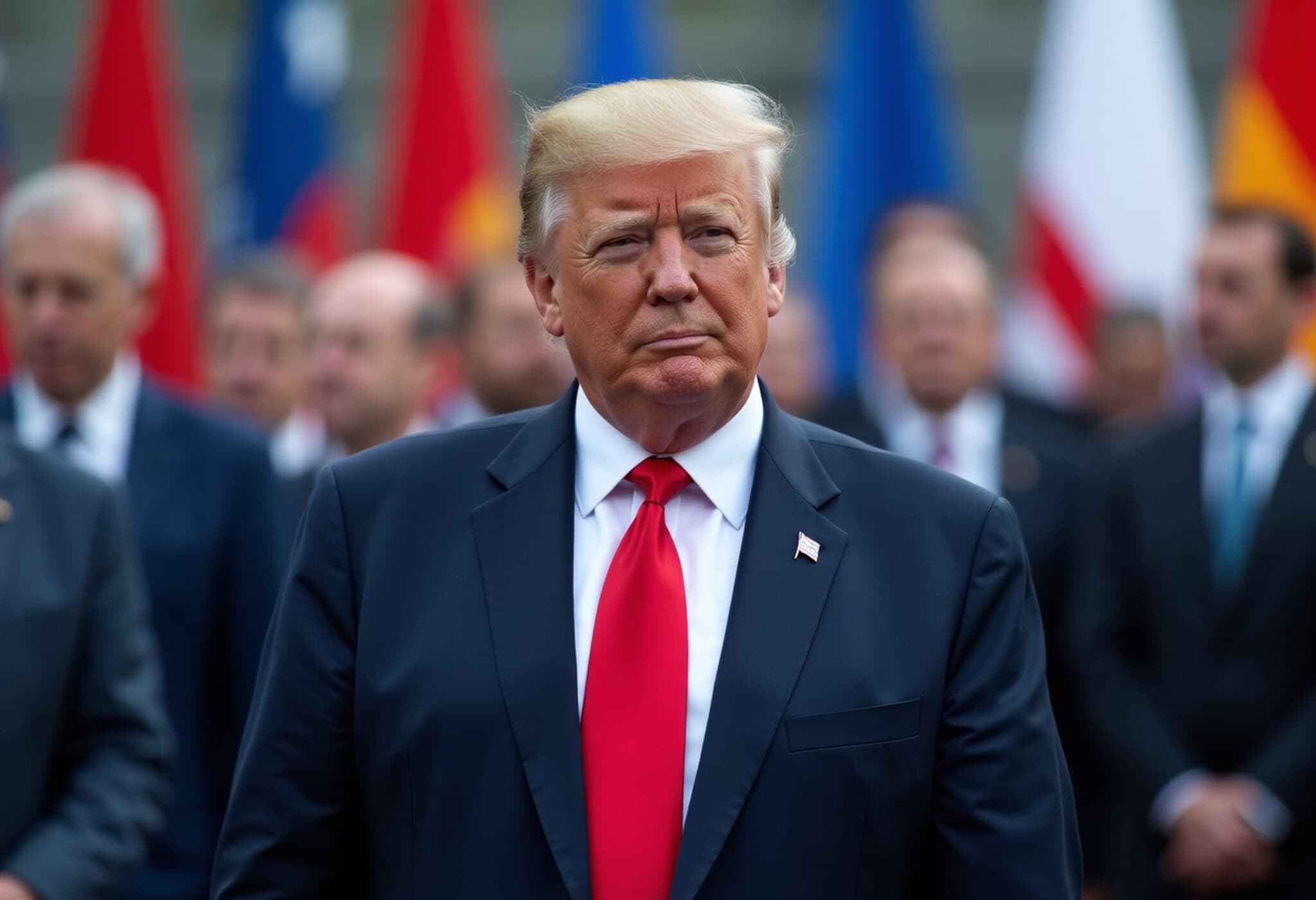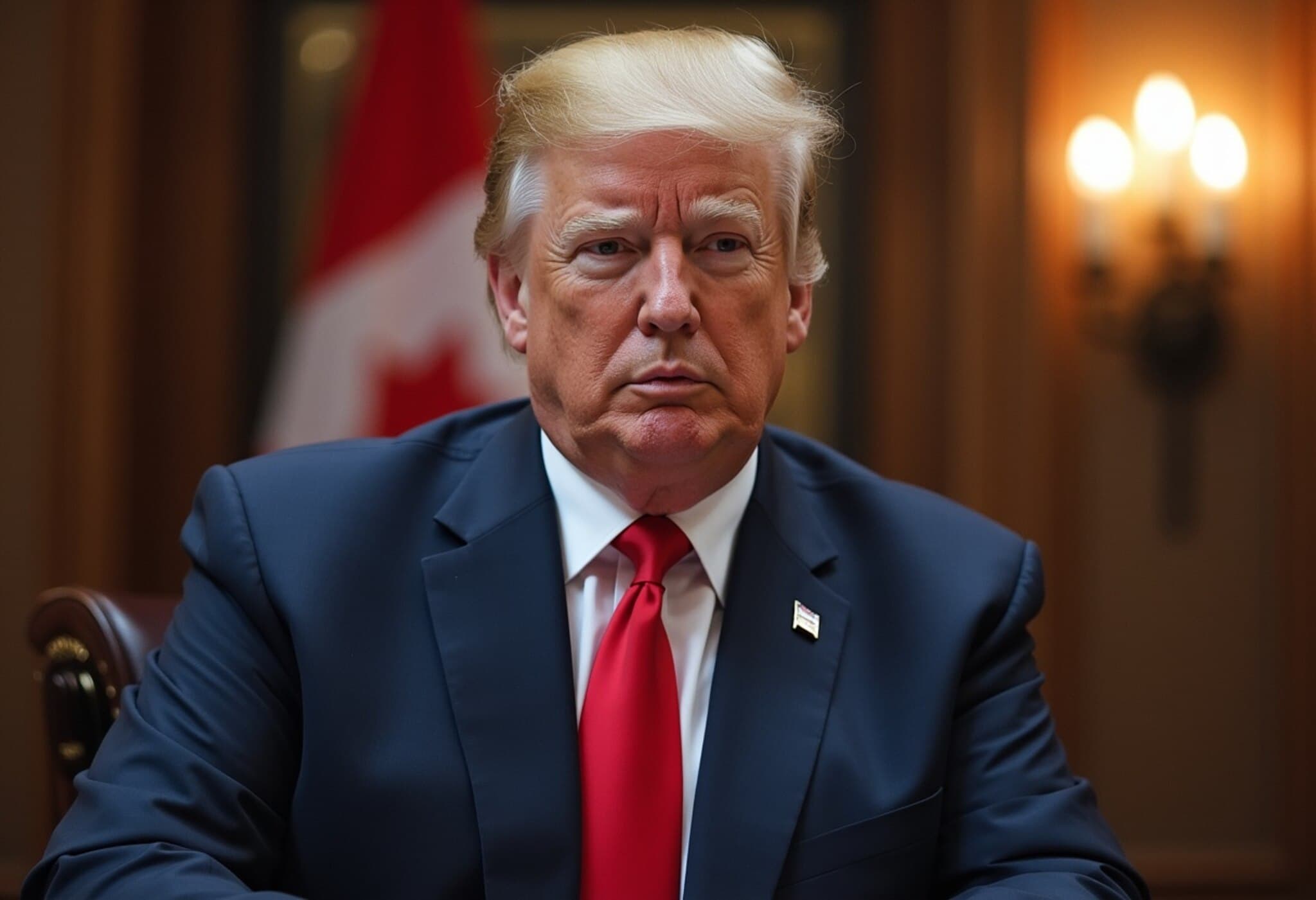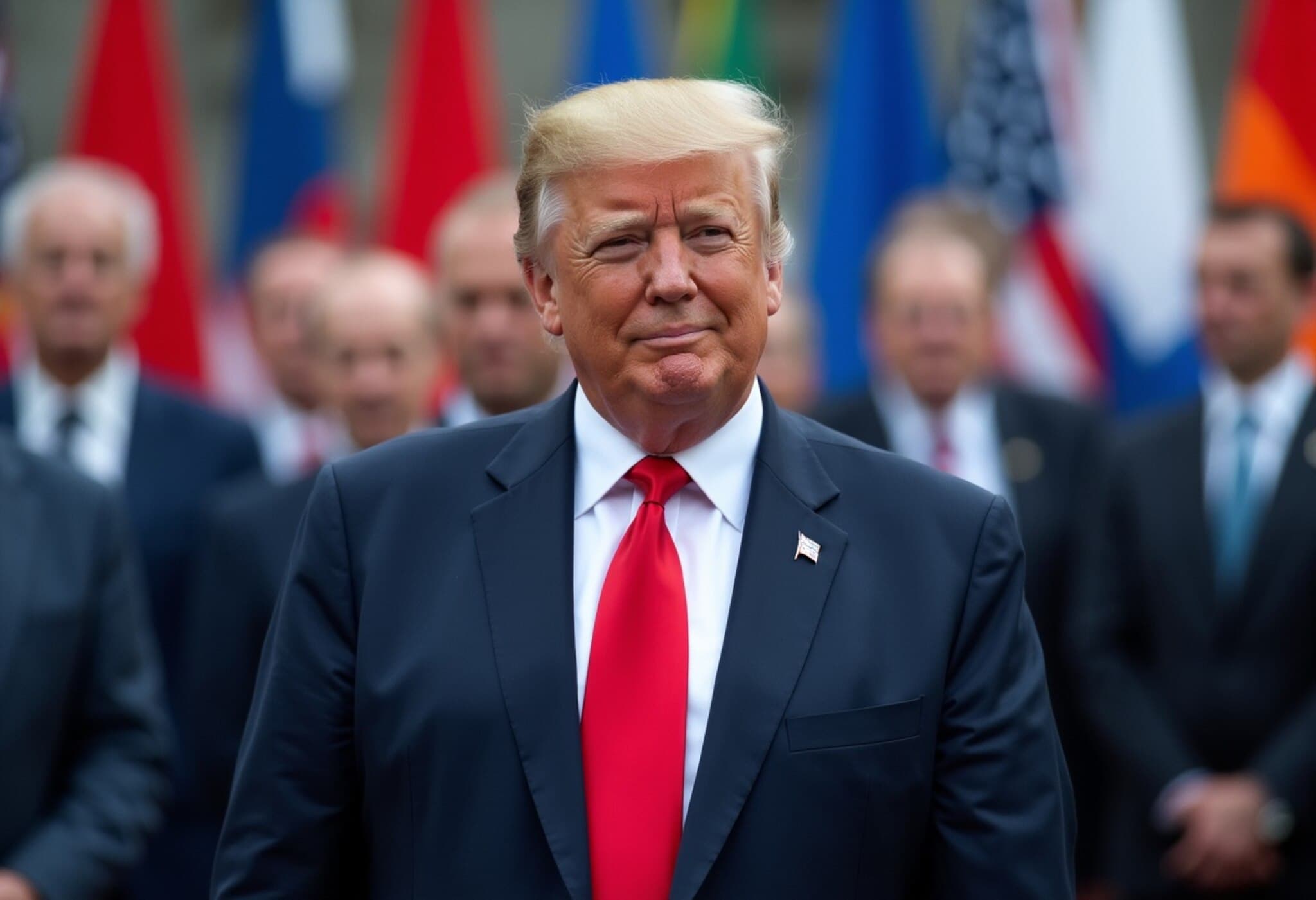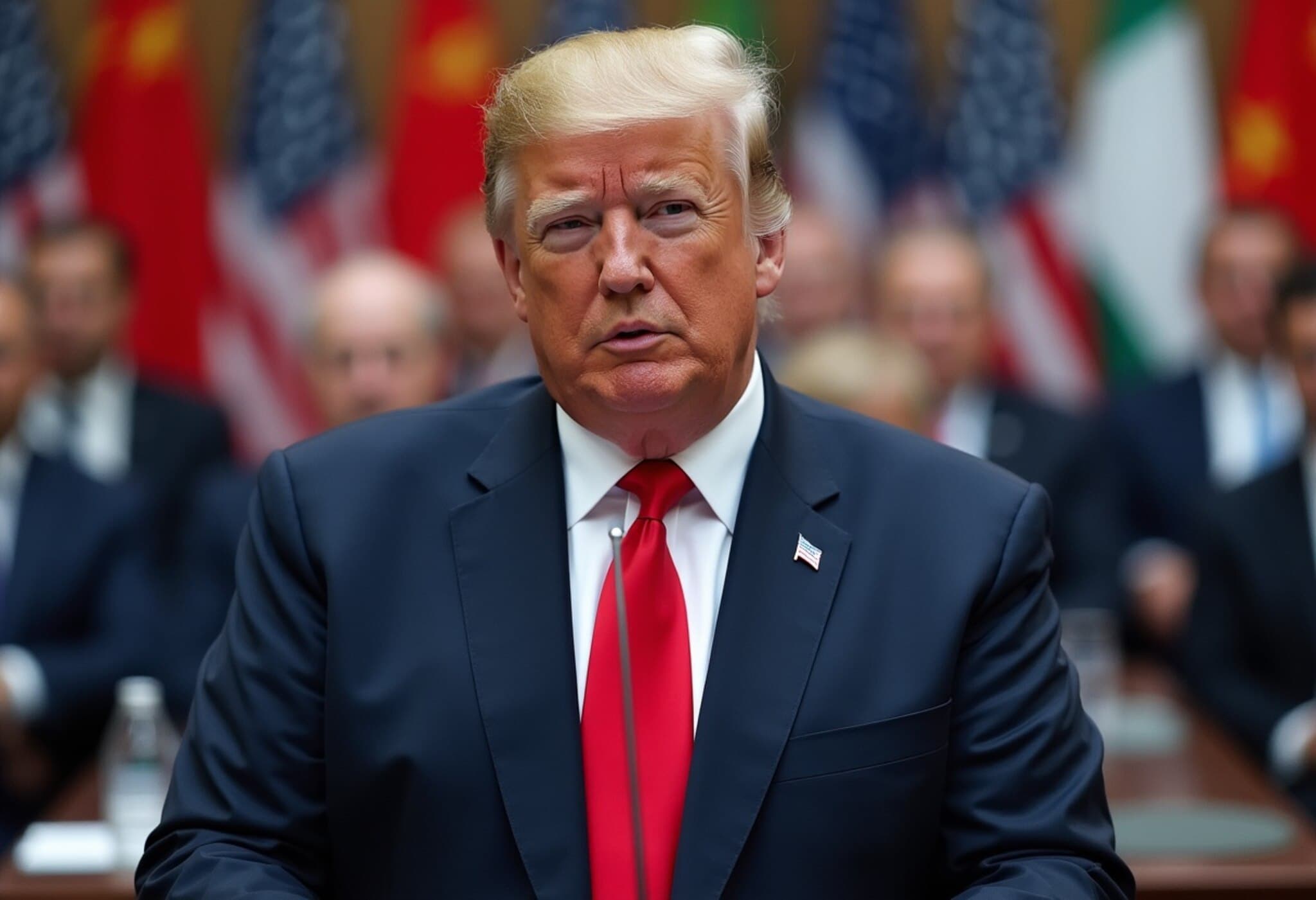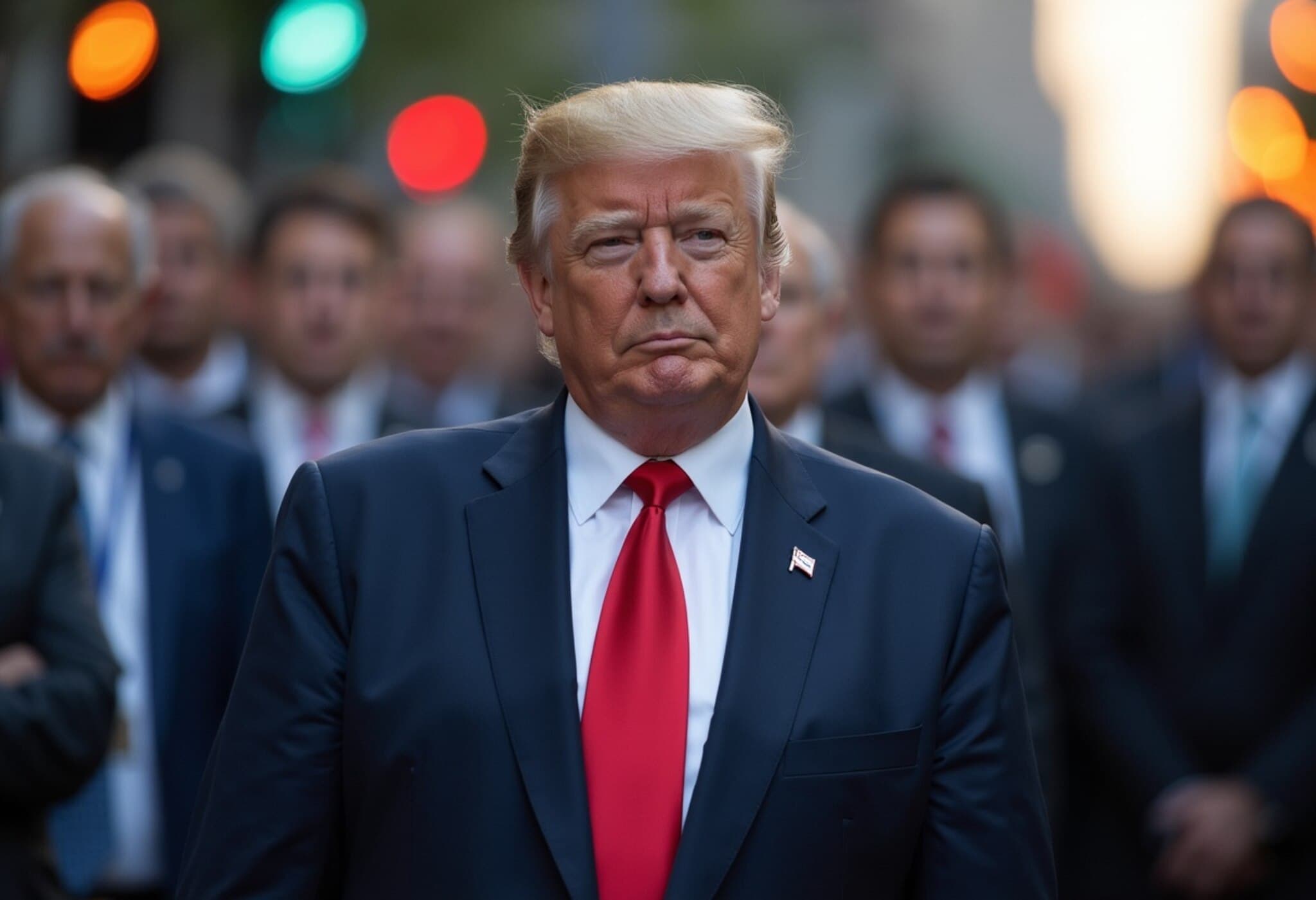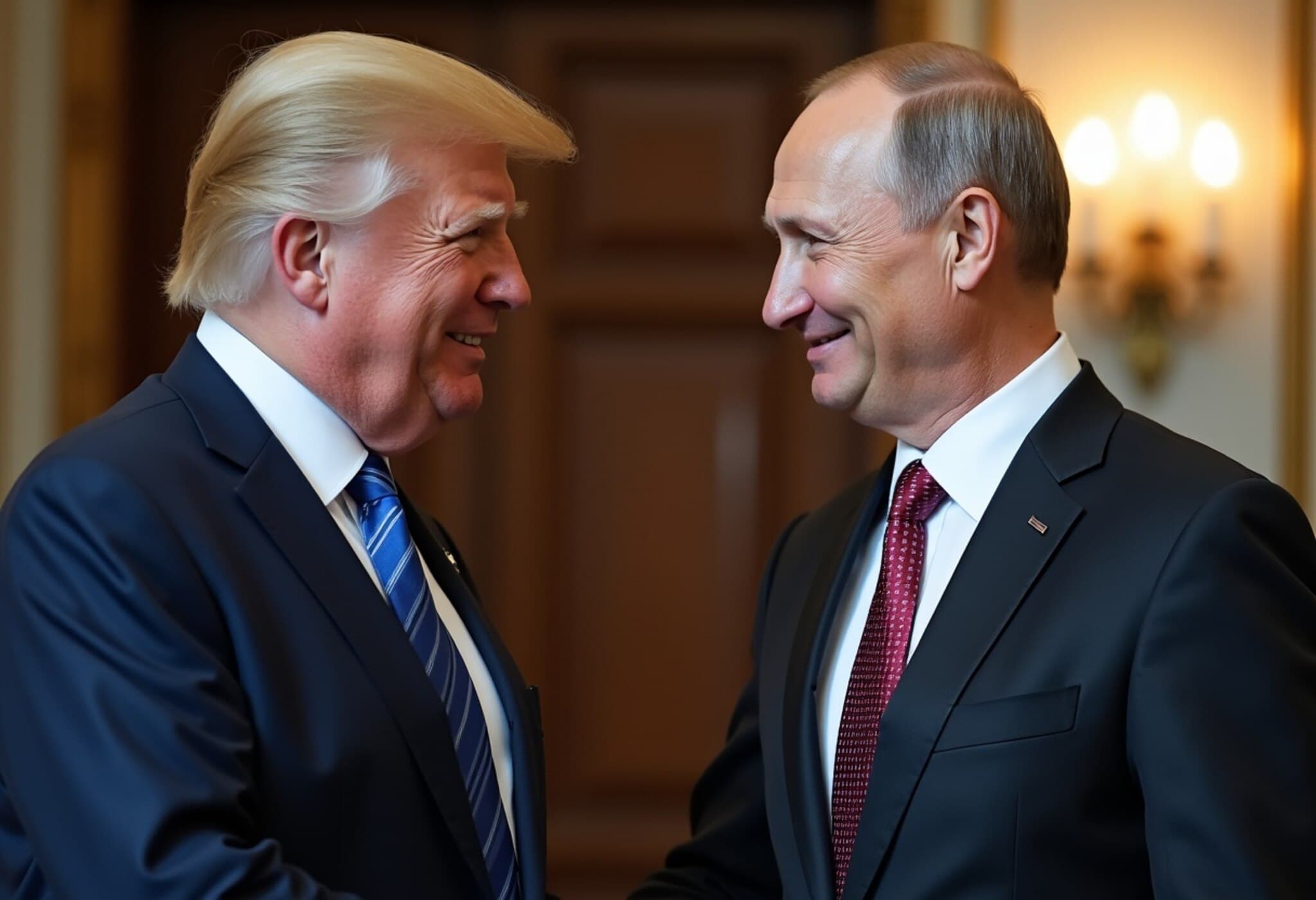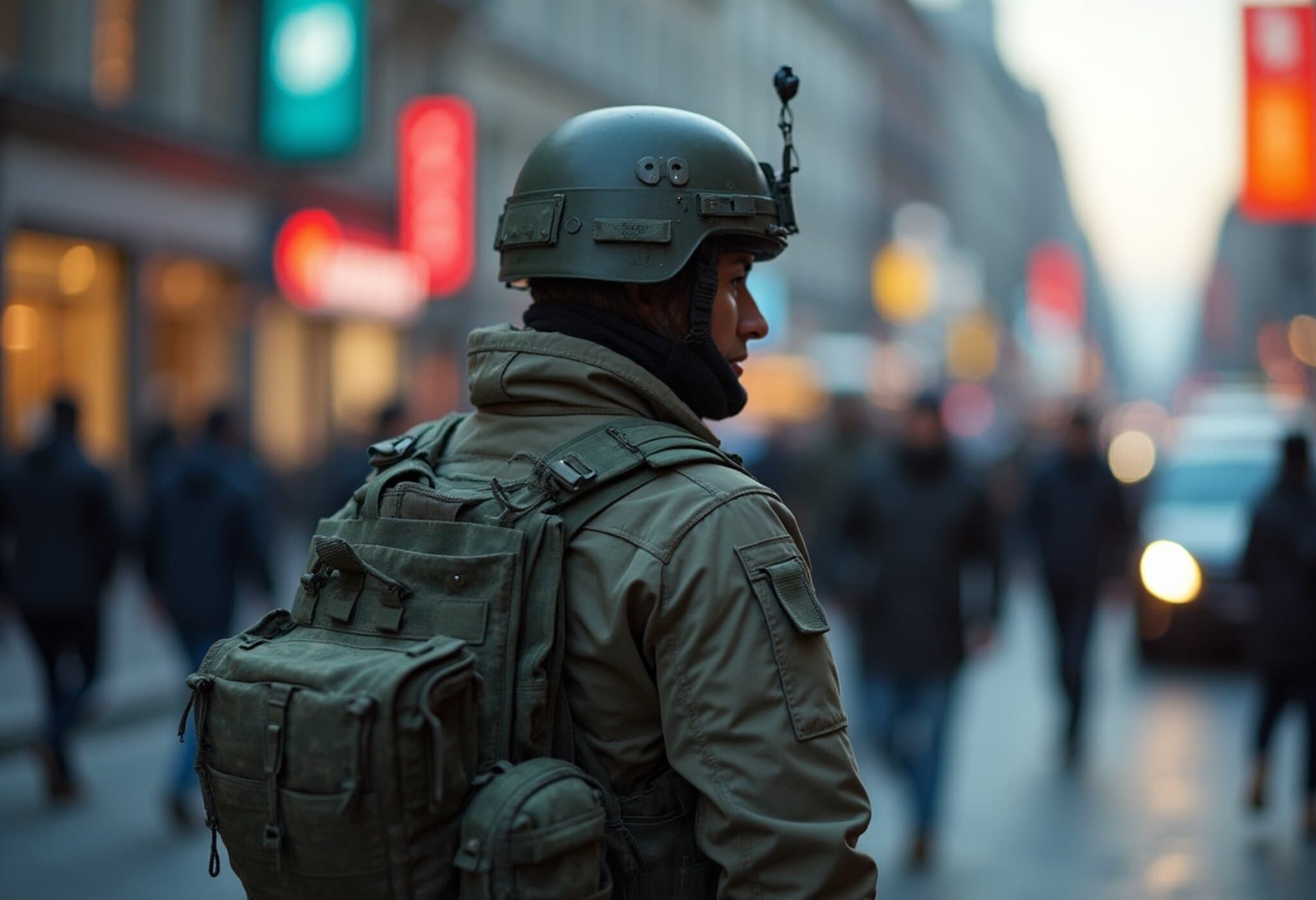Trump and Rutte’s Unlikely Friendship Takes Center Stage at NATO Summit
At this year’s NATO summit in The Hague, a historic agreement to increase defense spending captured headlines, yet it was the warm camaraderie between US President Donald Trump and NATO Secretary General Mark Rutte that truly stole the show.
Rutte, known for his diplomatic finesse, openly praised Trump throughout the summit, lauding the American leader’s role in galvanizing alliance members to commit to spending 5% of their GDP on defense by 2035, a sharp rise from the longstanding 2% benchmark.
Trump’s Praise: The Power of Leadership and a “Daddy” Moment
In several remarks, Rutte credited Trump with driving this milestone. “This achievement wouldn’t have happened without your election in 2016 and your recent re-election,” Rutte said, calling Trump a “man of strength and peace” who took “decisive” steps during the Iran-Israel tensions.
In a candid exchange, Trump compared the Middle Eastern rivals to quarrelling children in a playground, prompting Rutte to quip with a laugh, “And then daddy has to sometimes use strong language to get them to stop.” The nickname 'Daddy' sparked intrigue and amusement among journalists present.
Media Spotlight: Flattery or Diplomacy?
Press attentiveness focused sharply on Rutte’s effusive praise for Trump, with questions arising about whether such warm language was excessive or “demeaning.” When asked, Rutte defended his remarks as a matter of personal style, emphasizing the good rapport between the two leaders.
“Would NATO have reached this historic defense spending commitment without Trump’s leadership?” Rutte challenged skeptics. He underscored Trump’s role in pushing reluctant allies toward shared responsibility and highlighted the president’s bold decision-making, especially regarding nuclear threats from Iran.
Trump, in turn, joked about the ‘daddy’ label, calling the sentiment “very affectionate” and expressing confidence in their friendship.
Beyond Brotherhood: A Strategic Shift in NATO
This summit marked a turning point. For decades, the US has urged its NATO partners to shoulder a fairer share of defense costs. The new pledge to elevate spending to 5% of GDP by 2035 signals a significant realignment, reflecting growing security concerns worldwide.
Rutte acknowledged the persistent US request for equitable defense contributions and heralded this agreement as a long-overdue step: “Finally, we will do it.”
Conclusion: A Blend of Personal Bonds and Policy Progress
While the friendship between Trump and Rutte added a human touch to the high-stakes summit, the core achievement remains the NATO alliance’s commitment to strengthened defense investments. This blend of strategic cooperation and interpersonal rapport defined the 2025 NATO gathering, setting the stage for a more united and prepared alliance.

